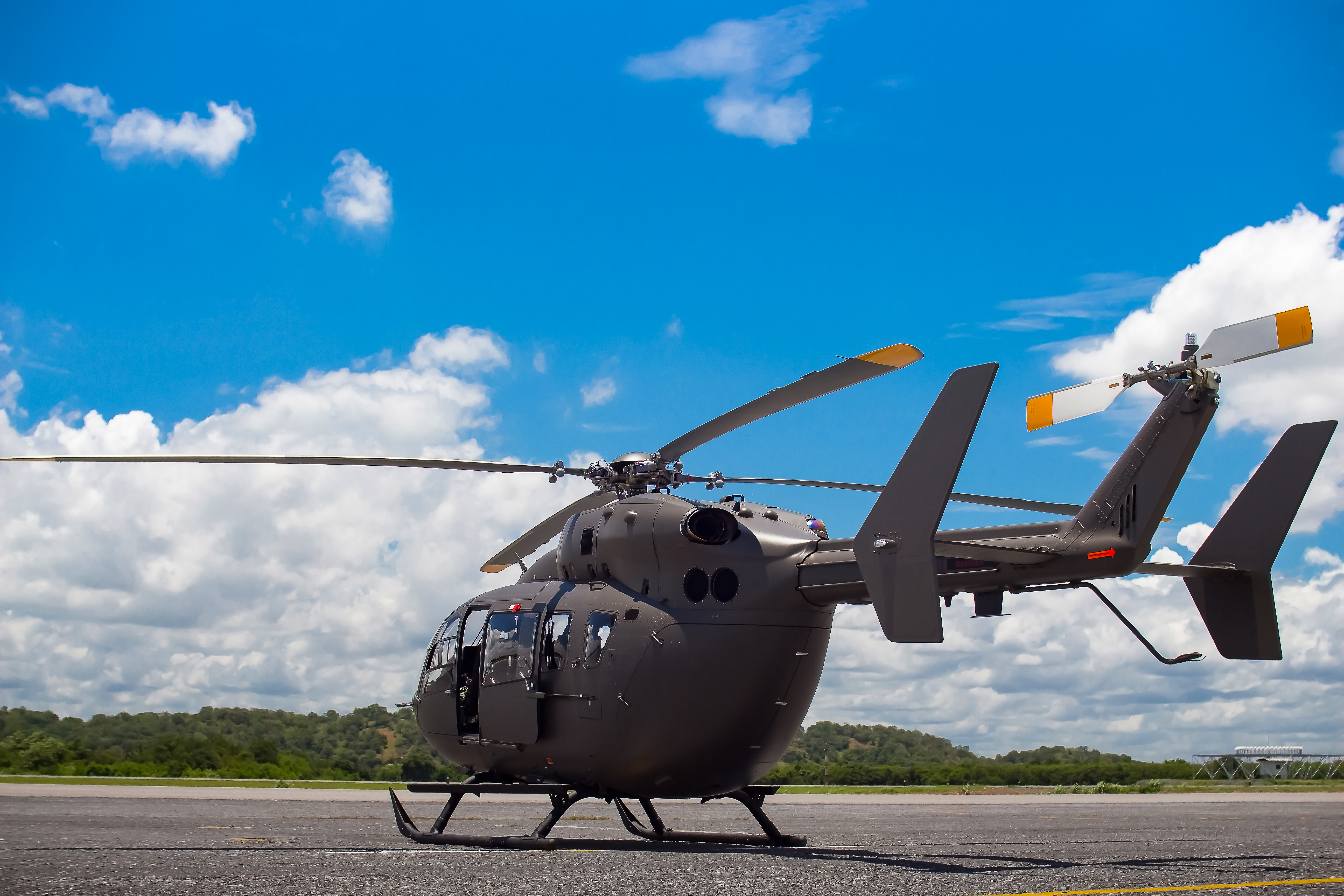Summary and PowerPoint of Dr. Tyrus Cobb’s Presentation on….
RUSSIA AT 25
A Quarter-Century After the Collapse of the Soviet Union
Vladimir Putin’s Russia Becomes More Aggressive
Even as it Faces Daunting
Economic and Demographic Challenges
Twenty-five years after the Soviet Union disintegrated and the new/old Russian Federation was born (or reborn), Vladimir Putin leads a Russia that is increasingly aggressive in the international arena, while facing growing and very serious internal challenges.
As Dr. Tyrus W. Cobb pointed out in his comprehensive presentation, Moscow today is challenging US and Western interests in very provocative ways, including threats to employ nuclear weapons, troop movements oriented against NATO allies, and military assistance for our adversary in the Mideast, Syria’s Assad.
Ty discussed the significant reinforcement of Russian ground forces close to the Baltic States (Lithuania, Estonia and Latvia), as well as Moscow’s emplacement of nuclear-capable missiles in the region, and the increased cyber attacks against these NATO member states. He noted that the most serious military actions by the Kremlin are taking place in eastern Ukraine, with as many as 1,000 incidents occurring on a daily basis (as claimed by Kiev). Many of these actions are being undertaken by Russian Special Forces (Spetznaz) troops, wearing uniforms without country designations (the so-called “Little Green Men”). In both of these cases—in the Baltic regions and eastern Ukraine—the populations are to a varying degree composed of native Russians, often more sympathetic to Moscow than to Kiev or the Baltic capitals.
Russia is also stepping up its military presence in the Middle East, although it does not have the capabilities to seriously impact the flow of combat actions or political events—it’s more of a “spoiler role”. Putin has aligned with Iran and Assad’s Syria, bombing Free Syrian Forces and Sunni elements, along with civilian populations, without much of that based on a critical analysis of the military situations there. The dispatch of an ancient naval “carrier”, which has already lost two fighter planes, is more for show than demonstrating a capability to influence the course of political or military events.
The Kremlin has also employed cyber instruments against the United States, most recently infiltrating both the Democratic and Republican National Committees, although releasing documents only from the DNC that put candidate Hillary Clinton in a poor light.
At the same time, Ty stressed, Russia faces severe challenges at home, including an economy that has shown little if any growth, a rapidly expanding Muslim population as the Russians themselves are not reproducing, and an increasingly authoritarian regime under Vladimir Putin.
Ty said many observers have described Russia today as a “nuclear-armed Banana Republic”; that is, an economy extremely dependent on the export of natural resources as the primary bedrock of economic growth, but one armed with thousands of nuclear weapons. He showed how the Russian economy thrived during the time of high oil prices (2009-2012), but has declined significantly in the past three years as oil and natural gas prices have plummeted. This has resulted in a severe drop in the country’s GDP, which now ranks only #66 in the list of countries in terms of gross national product (per capita). And the trend seems to portend further decline as the Russian economy remains so dependent on the export of fossil fuels.
Dr. Cobb drew the audience’s attention to another formidable challenge facing Russia—very adverse demographic shifts. Ty pointed out that the birth rate of Russians is now only 1.7, with 2.1 children generally considered necessary to maintain stable growth. In contrast, the birth rate in Muslim areas is quite high—4:1 in volatile Chechnya and 7:1 in Dagestan (home of the Tsarnayev brothers). These demographic trends mean that Russia itself will be a Muslim-majority country by the end of the century!
Ty outlined various scenarios regarding the course US-Russian relations may take under a Donald Trump administration. Clearly, the President-elect and his Secretary of State-designate Rex Tillerson, as well as Trumps national security advisor, LTG Mike Flynn, have been more open to an improvement of relations, which have become very poor and tense in the latter year of the Obama administration. Putin’s desire would be to have the two powers, the US and Russia, form a “condominium” to secure a balance of power and division of roles in global affairs, specifically one that would mean a freer hand for Russia in East Europe. Ty doubted the current apparent warm relationship between Trump and his key advisors with Putin and Russia would survive confrontations that will certainly come up…and soon!
The link to Dr. Cobb’s comprehensive PowerPoint is below. We recommend a close look a these slides.
Dr. Tyrus W. Cobb served as a Special Assistant to President Reagan for National Security Affairs, and as Director of Soviet, European and Canadian Affairs at the National Security Council from 1983-89.

